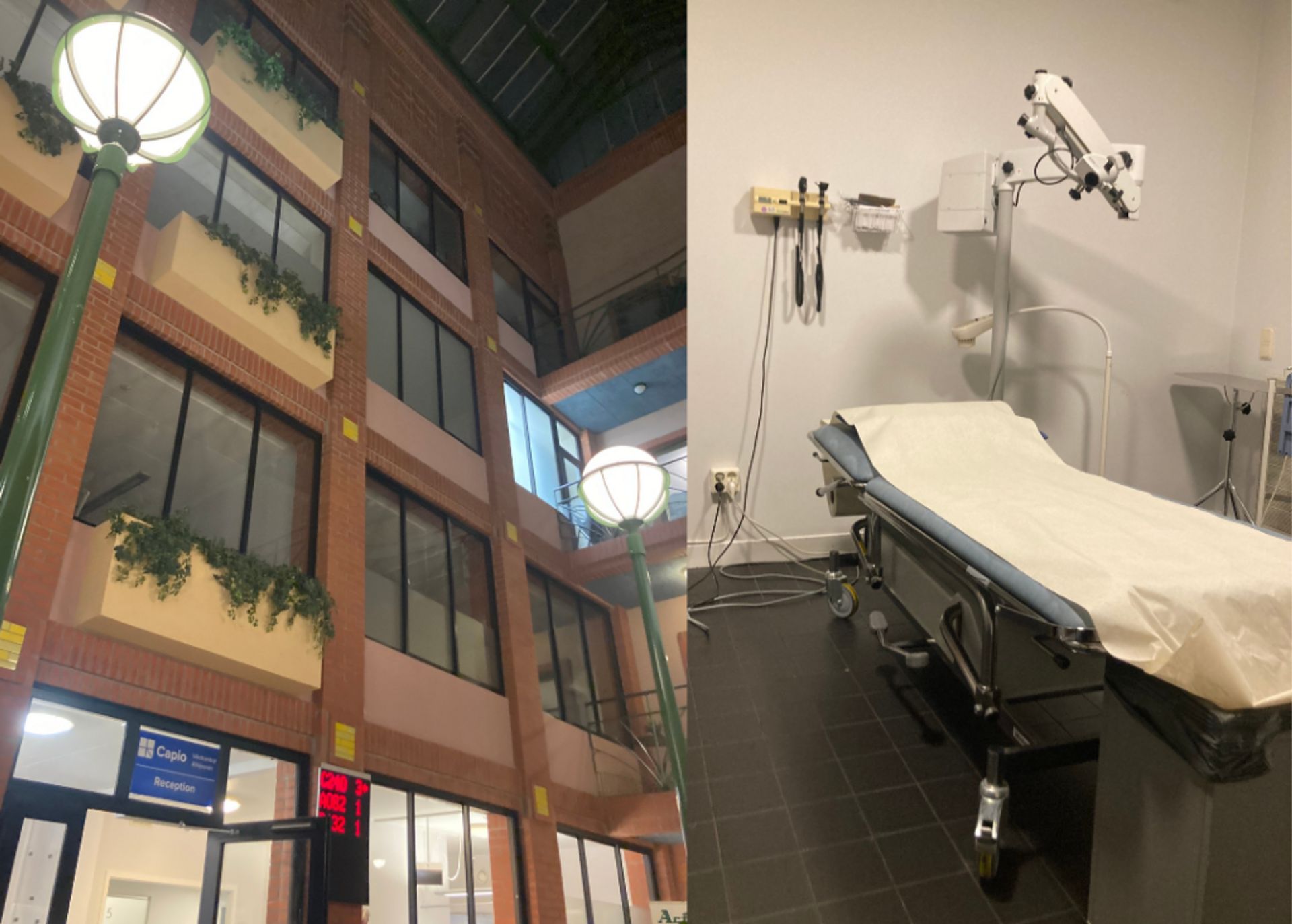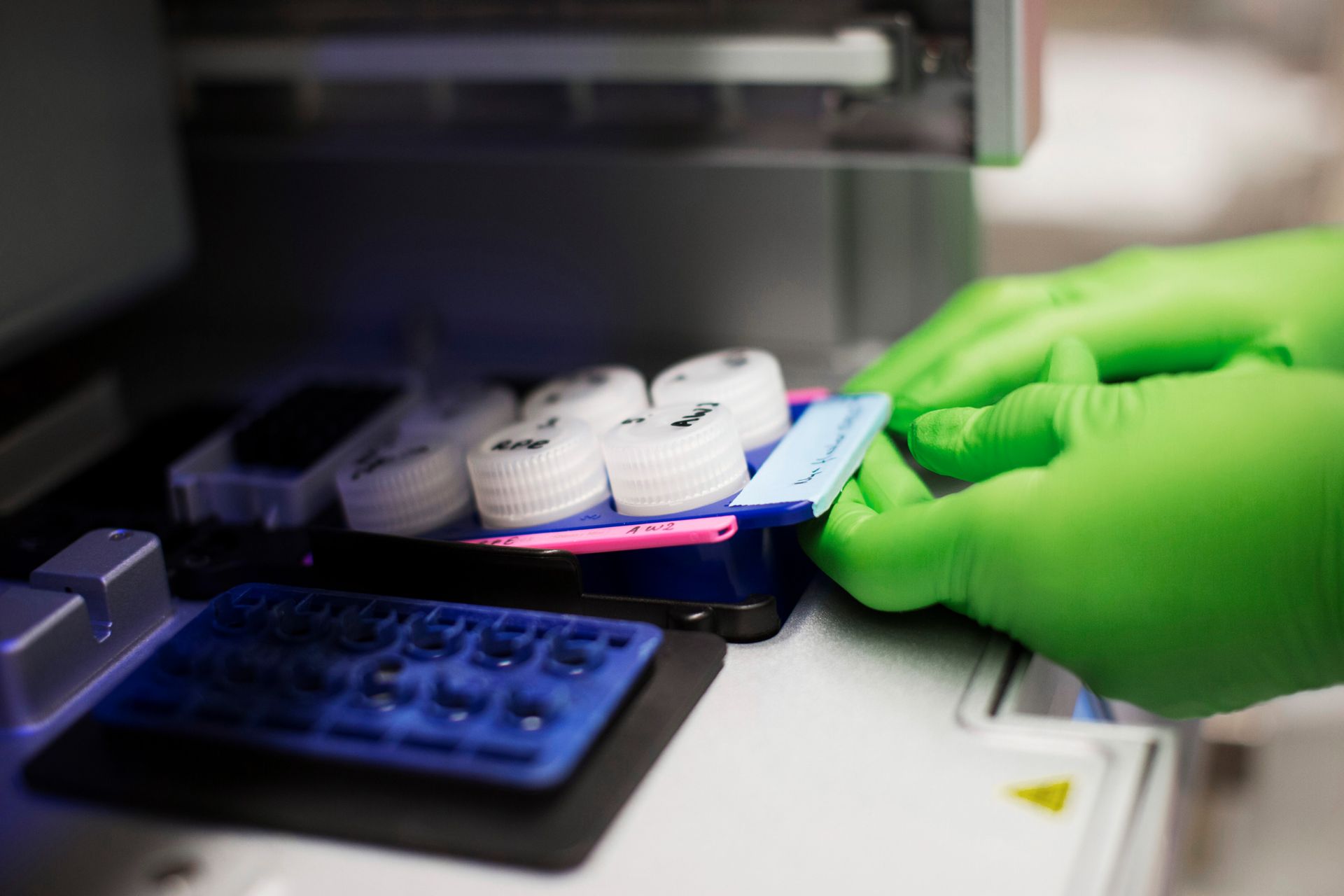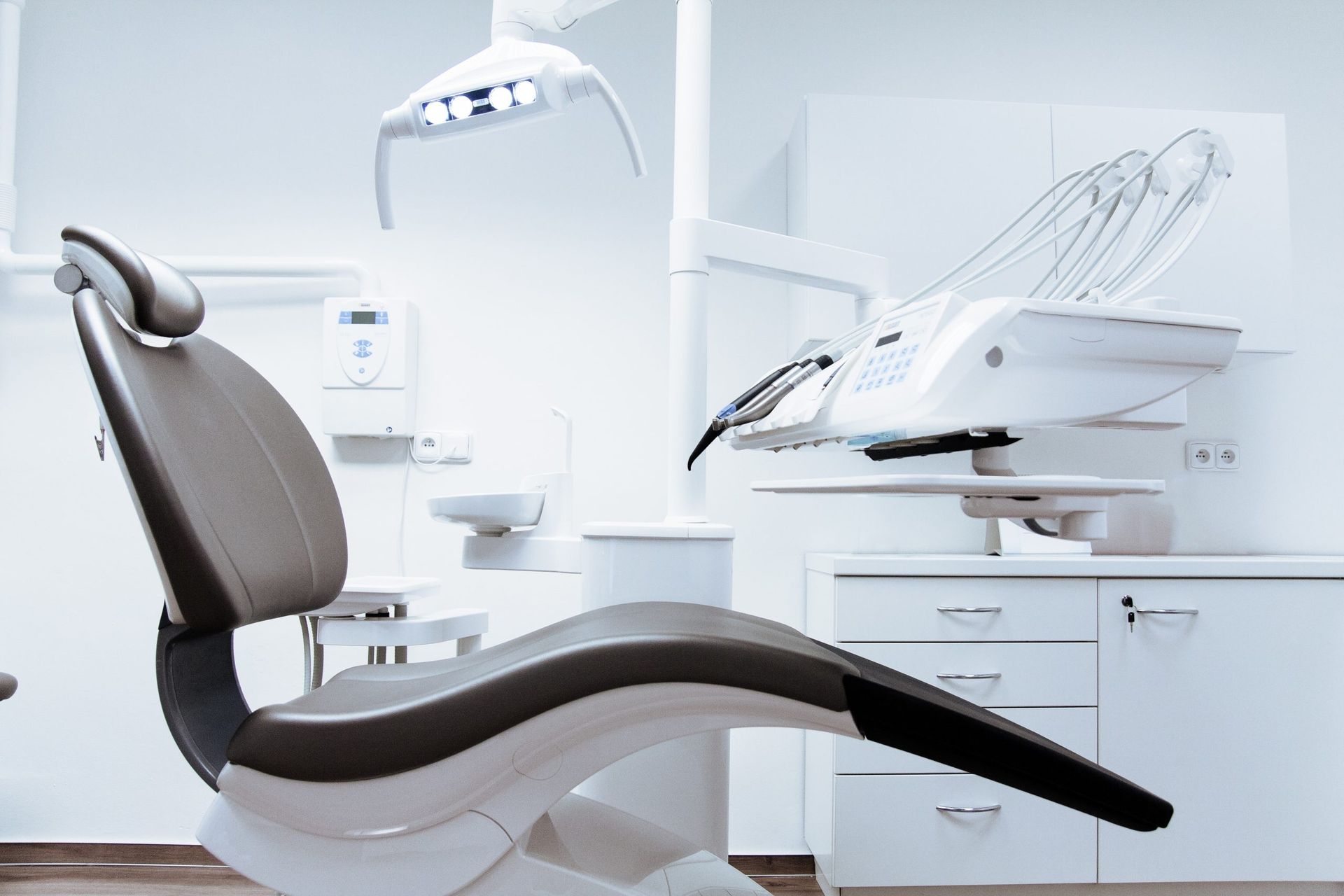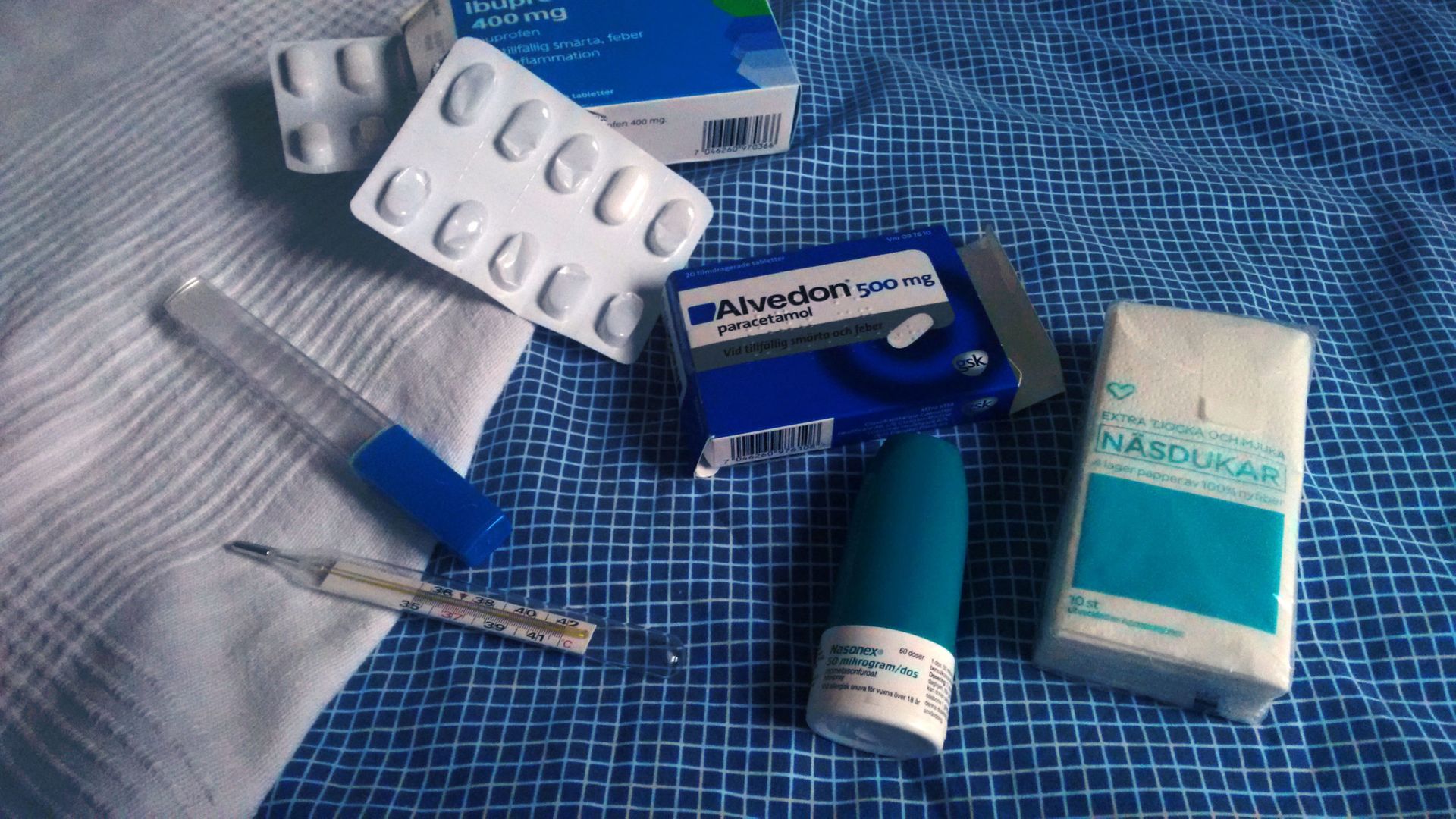
Written by Annamaria
03 Mar 2024
I never really thought about how I would get in touch with a doctor in Sweden until about two weeks ago. That’s when I got super sick. My symptoms started with a little cold and turned into an annoying cough, fever, and shortness of breath that lasted more than a week. I knew that it was time to visit a doctor. But how do you actually reach a doctor in Sweden?
Call 1177
So, I found myself calling 1177. This is a unique healthcare hotline that serves as a valuable resource for residents and visitors alike. You wait a bit in a queue and then you reach a nurse, who can give you medical advice and assistance 24/7. With my condition worsening, I dialed 1177 and after about 20 minutes of waiting, I talked with a nice nurse, who could also speak English (it wasn’t easy for her though). She advised me on what medicine I should buy and told me that since it was Friday and I wouldn’t be able to get an appointment with my healthcare centre, I should pay a visit to the urgent care centre.
Healthcare Centre vs. Urgent Care Centre
That’s how I learned the difference between a healthcare centre and an urgent care centre.
A healthcare centre or ‘vårdcentralen’ typically handles non-emergency medical issues such as routine check-ups, vaccinations, and minor ailments. You are automatically assigned to a healthcare centre if you have a personal identity number. They should be able to help you with this type of sickness too but since many people are trying to reach them, you might not get an appointment when you need it.

An urgent care centre, commonly referred to as “Alléjouren” is for more pressing medical concerns that require immediate attention but are not medical emergencies. Don’t confuse it with an emergency room, which is in the hospital, an urgent care centre is just another form of a clinic, but it’s open from 17:00 during the weekdays and almost the whole day during the weekends. This means that you can reach a doctor even if you didn’t manage to get an appointment with your healthcare centre or if you need medical attention during the weekend.
Visiting the ‘evening doctors’ – urgent care centre
Because my symptoms were so severe that I couldn’t sleep at night, the nurse I spoke to recommended that I visit an urgent care centre in the evening. I booked an appointment on their website. They announce the time slots available at 12:00. You can also book an appointment once you get there but I wanted to be sure I get in so I booked it online.
My appointment was at 19:00 but I went there a bit sooner and checked in with a QR code. I had to wait for about an hour for the doctor to come. I think they are really busy there so some waiting was expected. The doctor who came in spoke fluent English. He was very nice and after a quick diagnosis that confirmed pneumonia, he prescribed antibiotics and a stronger cough medicine. I really felt like I was in capable hands.
Later, I received an invoice to pay 100 SEK for the visit. Much less than I expected. I think you might have to pay a bit more when you don’t have a personal number.

Picking up the medicine
To pick up the antibiotics, I had to go to a pharmacy or an ‘Apotek’. Luckily, there is usually some that is open in the late evening. I showed them my Swedish ID card and paid about 120 SEK for the antibiotics. The cough medicine was for about 250 SEK. I was happy to pay for it because it finally helped me to sleep better.
A personal identity number – the dilemma
One of the important aspects of accessing healthcare in Sweden is the reliance on a personal identity number, known as “Personnummer.” This unique number is essential for accessing healthcare services, allowing doctors to see your past medical records (from Sweden) and to ensure continuity of care. While having a personal identity number might speed up the process of getting medical attention, it’s important to know that visitors or temporary residents can still receive treatment in Sweden. Learn more about visiting a doctor without a personal identity number.




